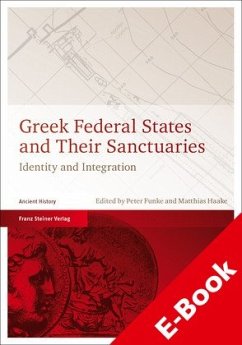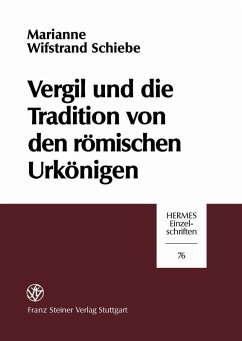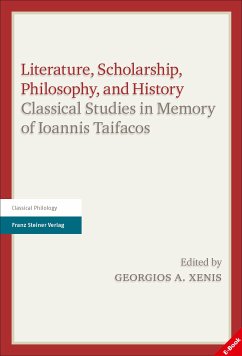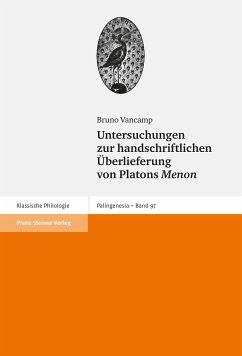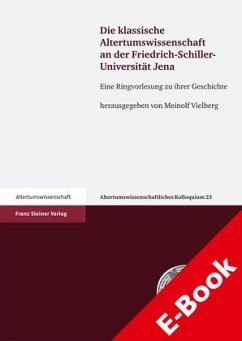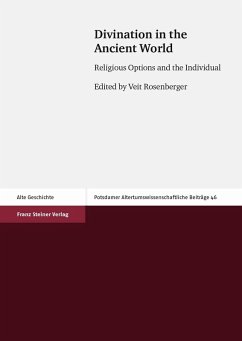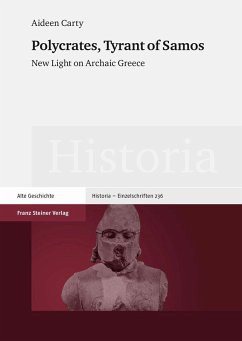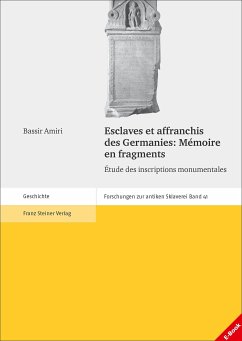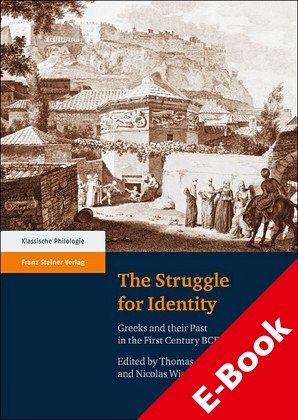
The Struggle for Identity (eBook, PDF)
Greeks and their Past in the First Century BCE
Redaktion: Schmitz, Thomas A.; Wiater, Nicolas

PAYBACK Punkte
0 °P sammeln!
In the first century BCE, Greek intellectuals had to come to terms with the stability of Roman power. Many of them were active in Rome, which became the cultural centre of the Greek world; others were connected with Roman patrons. Their work became important for the emergence of Greek identity in the Roman Empire. Bringing together an international group of leading Classical scholars, this volume represents the first attempt at a comprehensive study of Greek cultural identity in the first century: how did the Romans influence the Greeks' view(s) of themselves and of their classical heritage? H...
In the first century BCE, Greek intellectuals had to come to terms with the stability of Roman power. Many of them were active in Rome, which became the cultural centre of the Greek world; others were connected with Roman patrons. Their work became important for the emergence of Greek identity in the Roman Empire. Bringing together an international group of leading Classical scholars, this volume represents the first attempt at a comprehensive study of Greek cultural identity in the first century: how did the Romans influence the Greeks' view(s) of themselves and of their classical heritage? How did the Greeks interpret the Romans and their role in the world? Covering such different genres as historiography, literary criticism, the novel, and epigram, as well as archaeological material, the contributions explore the intellectual diversity of one of the most significant periods in history and situate the authors active under Augustus within their broader intellectual-historical context.
Dieser Download kann aus rechtlichen Gründen nur mit Rechnungsadresse in A, B, BG, CY, CZ, D, DK, EW, E, FIN, F, GR, HR, H, IRL, I, LT, L, LR, M, NL, PL, P, R, S, SLO, SK ausgeliefert werden.




